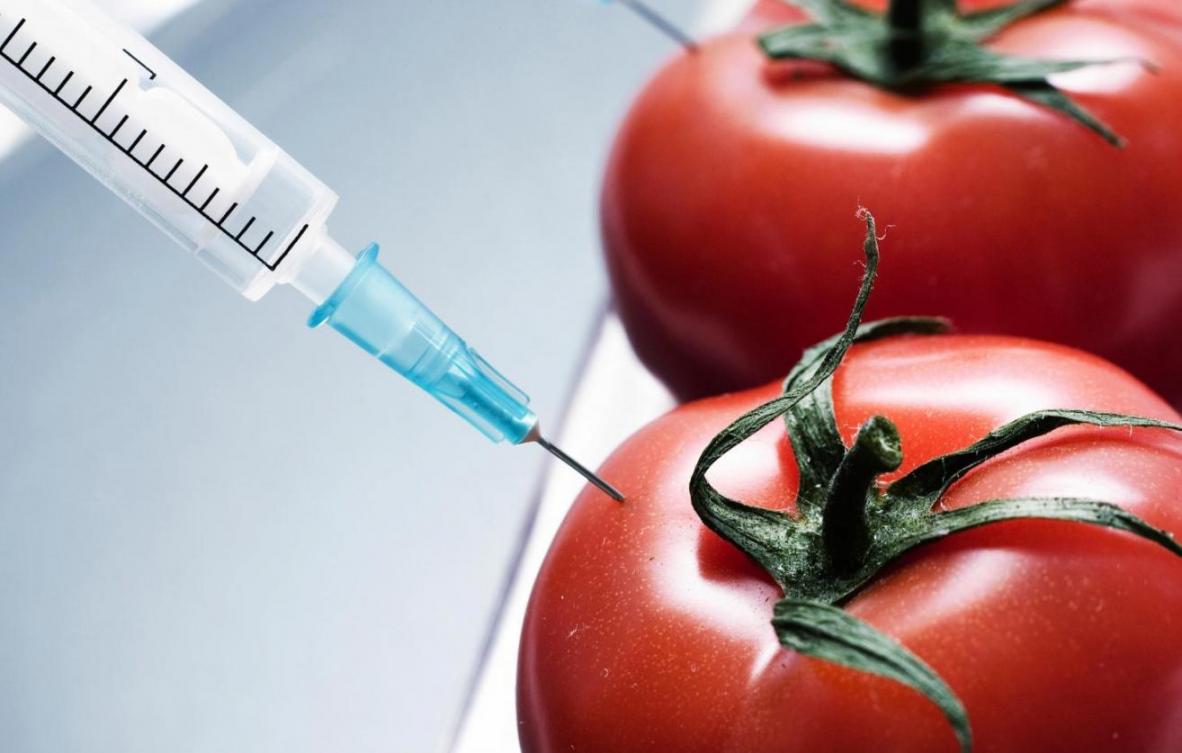Excessive use of chemical pesticides to destroy insect and pest attacks on rice crops and their adverse impact on people’s health, agriculture production and the environment, have become a matter of grave concern in Mazandaran Province.
Experts say unrestrained use of pesticides on farm produce has heightened the rate of cancer in the province. Officials are now considering genetically modified crops as an alternative to conventional production, said Majid Sattari, member of Iran Rice Research Institute and Faculty of Bio-safety. GM crop production is seen as an effective solution to the problem.
The DNA of rice plant is modified using genetic engineering techniques to become resistant to herbicides, pests, drought and salinity. Such crops are rich in nutritional value and can help prevent the potential diseases of pesticide-sprayed crops, reports IANA.
Although there were objections towards GM crops per se, government officials, the Department of Environment and the Ministry of Agriculture Jihad allayed concerns by providing scientific documentation on GM crops and their advantages. Bio-safety rules were also established to initiate mass production. The relevant provision was passed by the Majlis (parliament) and approved by the Guardian Council. It will come into force soon.
Genetically modified crops (GMCs, GM crops, or biotech crops) in most cases aim to introduce a new trait to the plant which does not occur naturally in the species. Examples in food crops include resistance to certain pests, diseases, or environmental conditions, reduction of spoilage, or resistance to chemical treatments (example, resistance to herbicide), or improving the nutrient profile of the crop. Examples in non-food crops include production of pharmaceutical agents, biofuels, and other industrially useful goods, as well as for bioremediation.
In recent years GM crops have expanded rapidly and in 2013, almost 18 million farmers grew 54% of worldwide GM crops in the developing world.
Scientific Consensus
There is scientific consensus that food on the market derived from GM crops poses no greater risk to human health than conventional food. GM crops also provide a number of ecological benefits.
However, opponents object to GM crops on several grounds, including environmental concerns, whether food produced from GM crops is safe, whether GM crops are needed to address the world’s food needs, and economic concerns raised by the fact they are subject to intellectual property law.
In his major environmental document in June, Pope Francis stated that “it is difficult to give an overall judgment on the development of genetically modified organisms, plant or animal, for medical purposes or in agriculture, since they can be very different and require different considerations.”
Sattari elaborated on the safety provisions of GM crops related to all aspects of production, delivery to the market, domestic consumption and exports.
He also said the transgene of GM crops that strengthen them against pests is a kind of bacteria, classified as protein, called Bacillus thuringiensis (Bt), which naturally exists in the soil and quickly decomposes. It has been used for decades by organic farmers to control crop-eating insects as well as recommended by the World Health Organization.
Contrary to false notions about transgenic plants that they are harmful to soil microorganisms, ecosystem or animals feeding on those plants, in reality there is no adverse effect. The Bt gene remains in green tissues of plant only until the leaves turn green; when the life cycle of GM plants such as rice, is completed Bt bacteria quickly decomposes.
Sattari proposed expanding genetic technology in agriculture. World population is increasing while agricultural production is steadily declining due to pest damage and disease outbreaks. Moreover, environmental pollution caused by pesticides overuse, and the resulting adverse effects, have impacted agriculture production.
GM crops are seen as the best accessible alternative to food supply, as they bring substantial economic, health, social and environmental benefits. Employing healthier production methods combined with dwindling pesticide use, can go a long way to help protect the environment and prevent destruction of beneficial insects such as ladybirds and frogs and snakes in the fields.


